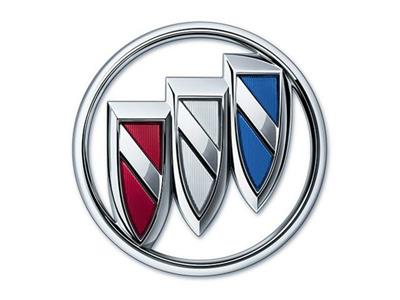


As the automotive industry continues to evolve, some car companies have struggled to stay afloat, resulting in the decline and ultimate demise of their once-popular brands. In this article, we explore the car companies that are considered "dead brands walking," facing uncertain futures and struggling to regain their former glory.
pontiac, once known for its performance-oriented vehicles, saw a decline in popularity and sales during the early 2000s. General Motors, the parent company, decided to discontinue the brand in 2010 due to financial difficulties and a shift in consumer preferences towards fuel efficiency.
Despite its rich history and iconic models like the Firebird and GTO, pontiac couldn't keep up with the changing market demands and failed to differentiate itself from other GM brands. As a result, pontiac became one of the first casualties of the automotive industry's transformation.
saab, a Swedish car manufacturer known for its innovative designs and safety features, faced numerous financial challenges throughout its history. Despite being acquired by General Motors in 2000, saab struggled to turn a profit and eventually filed for bankruptcy in 2011.
After unsuccessful attempts to find a buyer, saab ceased production, leaving behind a legacy of unique and distinctive vehicles. Although there were brief revival attempts by different companies, saab remains a dormant brand, unlikely to make a significant comeback in the near future.
plymouth, a brand under the chrysler Corporation, had a successful run in the automotive market for many years. However, as the brand failed to adapt to changing consumer preferences and faced intense competition from other chrysler brands, its sales began to decline.
In an effort to streamline the company's operations, chrysler discontinued the plymouth brand in 2001. The decision was driven by the need to focus on strengthening their remaining brands and eliminating overlap in the marketplace.
hummer, known for its rugged and imposing SUVs, faced a decline in popularity due to changing consumer attitudes towards fuel efficiency and environmental concerns. General Motors attempted to sell the brand in 2009 but ultimately decided to discontinue it.
hummer's association with large, gas-guzzling vehicles made it difficult for the brand to survive during a time when consumers were shifting towards smaller, more fuel-efficient options. Despite rumors of a potential revival with electric models, hummer remains a dead brand walking.
mercury, a brand under the ford Motor Company, struggled to find its place in the market as it faced fierce competition from both its parent company and other luxury brands. The lack of distinct identity and unique offerings led to a decline in sales.
ford made the decision to discontinue the mercury brand in 2010 to focus on strengthening its core brand and investing in more profitable segments of the market. This move aimed to consolidate resources and eliminate redundancies within the company.
These car brands, once prominent in the industry, now face an uncertain future as they remain dormant or have been completely discontinued. The challenges they encountered, whether it be financial difficulties, failure to adapt to changing market demands, or intense competition, highlight the importance of evolution and innovation in the automotive industry.
While the automotive landscape continues to evolve, these dead brands serve as a reminder of the ever-changing consumer preferences and the need for car companies to stay ahead of the curve to remain relevant in a highly competitive market.